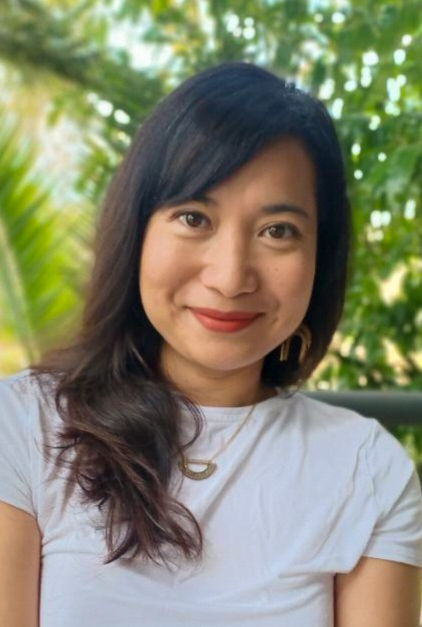Talk to us about what you believe a parent’s role is in helping a child discover his, her or their identity?
We all have wishes and dreams for our kids—I get that. I played tennis when I was younger and love to watch theater, so I projected those wishes onto my daughters. However, it’s not something you can force. Once my kids took the tennis and theater classes and decided those activities weren’t for them, I encouraged them to explore the areas that are and support what they’re passionate about. I also don’t believe in overscheduling. Enrichment classes are wonderful, for sure, but so is building in some free time—to let kids play, be kids, create (as they naturally do), and figure out who they are and what they like without a syllabus.
For immigrant families, what advice would you give to dads about helping their child arrive in North America?
A lot of immigrant kids like me have been told to speak only English, in order to assimilate to American culture. When I moved to the US from the Philippines, I remember my dad telling my American-born cousins to respond to me only if I spoke in English. I think this is a protective mechanism—because parents want their kids to feel a sense of belonging rather than being treated as outcasts. Or maybe they think it’s the only way to get ahead in this culture. Sadly, I hear many stories like mine—of kids who immigrated at a young age forgetting their native tongues. It even happens to American-born kids raised in bilingual households. Luckily, I still understand Tagalog and have worked on my conversational skills as an adult. Knowing a second or third language is a wonderful skill and advantage for anyone. I hope this type of erasure is becoming less common.
How does parent confidence play a role in a child’s confidence?
We’ve all heard the saying, that kids are like sponges. It’s amazing how true this is, and you see it from the time they are very young. Kids will repeat things back to you that you forgot you even said. I could see the way my daughters looked to me as a temperature gauge, so when I was scared of how much a cut might be bleeding, for example, I tried to stay calm so they wouldn’t panic. As a woman raising girls, I’ve always emphasized that there is no standard for beauty. We are all different and beautiful in our own way, and confidence is feeling comfortable in your own unique skin. For me, the more unique the better—I love it when people aren’t afraid to be different or stand out—that’s confidence.
Tell us about a father figure who means a lot to you.
That would be my dad!
What positive and negative lessons did you learn from this figure?
My dad is the one who taught me how to tie my shoes, tell time, count in twos, fives, and tens, all before any teacher in school did. I love the outdoors, and some of my happiest memories are of fishing, bike-riding, and boating with my dad and brothers. I love to read and write, and it’s my dad who gathered the family around to read stories out loud from Reader’s Digest and who gifted me with books, like the Beatrix Potter collection, when I was little. He wrote poetry to my mother in the most beautiful handwriting.
I think my dad was too strict when it came to boys. I felt like I had to hide boys who were just friends, let alone boyfriends. Some of my best friends in high school and college were boys. Having to hide friends creates a sense of secrecy and shame around them, which is not necessary. I try to raise my daughters to be much more open and honest.
Anything that really helped you navigate being mixed race that you’d recommend to families? (of course, your book…but what else?)
I am Filipino American and my husband is Puerto Rican American. Extended family, food, music, and art all play huge roles in our household. Lately I’ve been doing readings of One Hundred Percent Me for kids, and one thing I’ve been asking at the end is “How many of you know your grandparents’ names?” It’s impressive how many do, but when I ask “How many of you know your great-grandparents’ names?” hardly any hands go up. That’s where the stories of our ancestors start—with their names—and once we know them, we may become curious to know more about who they were, how they lived, and therefore, how we came to be.


